Many Christians know the traditional “Seven Sayings of Jesus on the Cross,” that are a compilation of all that Jesus said during his last hours hanging between life and death on the cross based on our four New Testament gospels. Few could sort out which gospel says which, or which sayings are repeated by another Gospel, or slightly edited, or even eliminated. For that most of us need a good edition of some kind of “Gospel Parallels.” I recommend the American Bible Society Synopsis of the Four Gospels, since it includes both the Synoptics (Mark, Matthew, and Luke) as well as John. It is a beautiful work and should be on the desk of every student of Christian Origins.
Here is a convenient summary of the “Seven” traditional sayings:
“Father forgive them for they know not what they do” (Luke 23:24
“Truly I say to you today, you shall be with me in Paradise” (Luke 23:43)
“My God, my God, why have you forsaken me?” (Mark 15:33; Matthew 27:45)
“Father, into your hands I commend my spirit” (Luke 23:44)
“Woman, behold your son” (John 19:26)
“Behold your mother” (John 19:27)
“It is finished” (John 19:30)
A few things stand out immediately. Luke has three unique sayings but eliminates the most “problematic” saying, about God forsaking Jesus, that Mark contains and Matthew includes from his source Mark. John also has three unique sayings.
So what about the mysterious cry–“Eli, Eli, lema sabachthani?” that is, “My God, my God, why have you forsaken me?” A short answer is “It’s complicated.” Very much so.
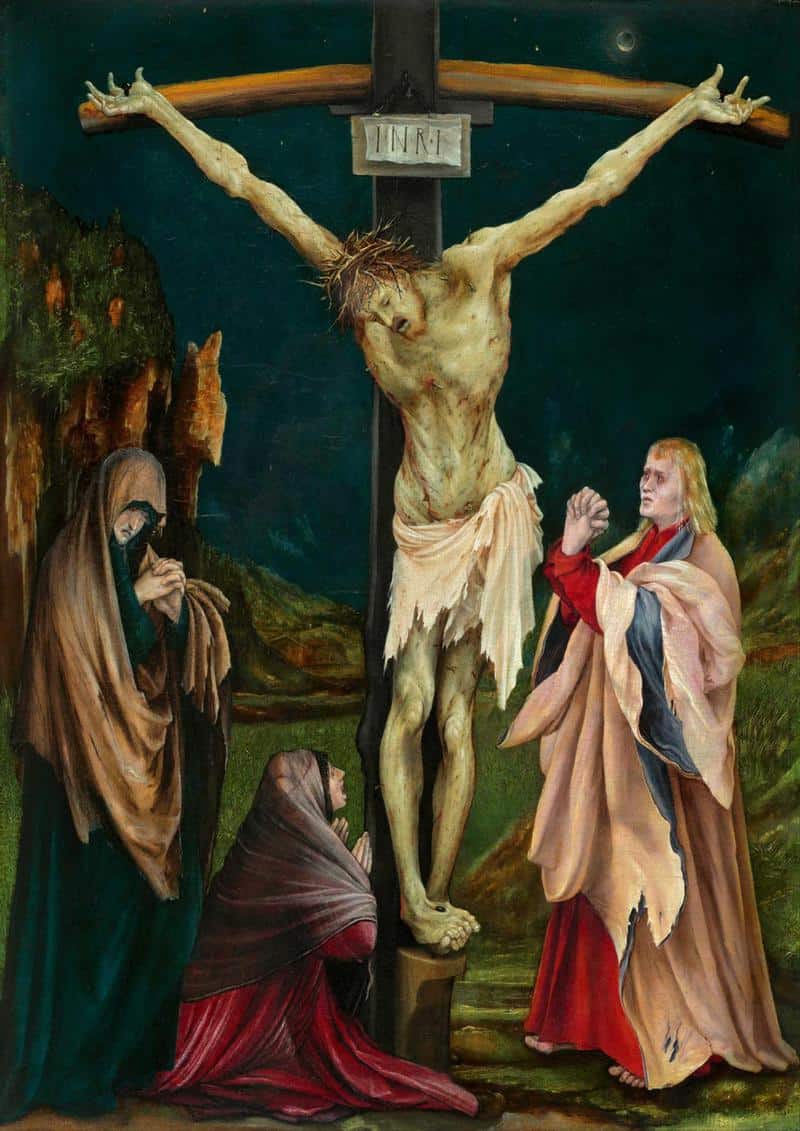
It is usually understood that Jesus is reciting the opening lines of Psalm 22 as a kind of prayer for deliverance. Mark even gives us a transliteration from what is usually taken too be Aramaic, along with his Greek translation. This kind of “language switching” in Mark is found in two other places (Mark 5:41 and 7:34). However, Matthew’s transliteration is quite different, and neither Mark nor Matthew provide a precise quotation from the Hebrew of Psalm 22. The verse is usually discussed in isolation, centered on the common questions–Did God really forsake Jesus?–with all sorts of theological ideas injected, the most common of which, that I heard growing up, was that at this moment, when Jesus took on the sins of the world, God had to look away.
To understand these verses in both their differing forms in Mark and Matthew one has to dig deeply into the language. This article by Randy Buth is quite technical but well worth working through, even if you are not fluent in Hebrew, Aramaic, and Greek. Since we all have transliterations of both the Mark and Matthew versions in our English translations, namely Eloi, Eloi, lama Sabachthani and Eli, Eli, lama sabachthani, respectively, readers can sort out the key differences that Buth discusses–namely how Eloi and Eli are related to both EL=God and Eli=Eliyahu. So even with the plethora of Greek and Hebrew/Aramaic the complexities of this core tradition in our Synoptics (dropped by Luke and ignored by John) are well worth digging into. I have found nothing better than this over the years and encourage you to dive in as you can:[1]Here is a note from Randy and his co-editor Steve Notley: We are finally able to provide the published text of the article on the “cry of dereliction” from the Brill volume, The Language … Continue reading
The Language Background and Literary Function of the Cry from the Cross Matthew 27:46 and Mark 15:34



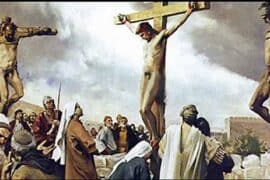
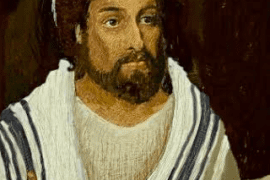
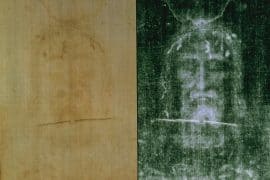
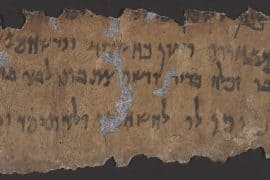
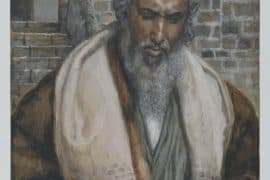
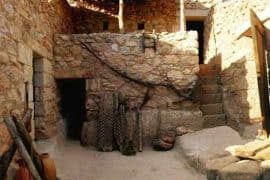
Comments are closed.